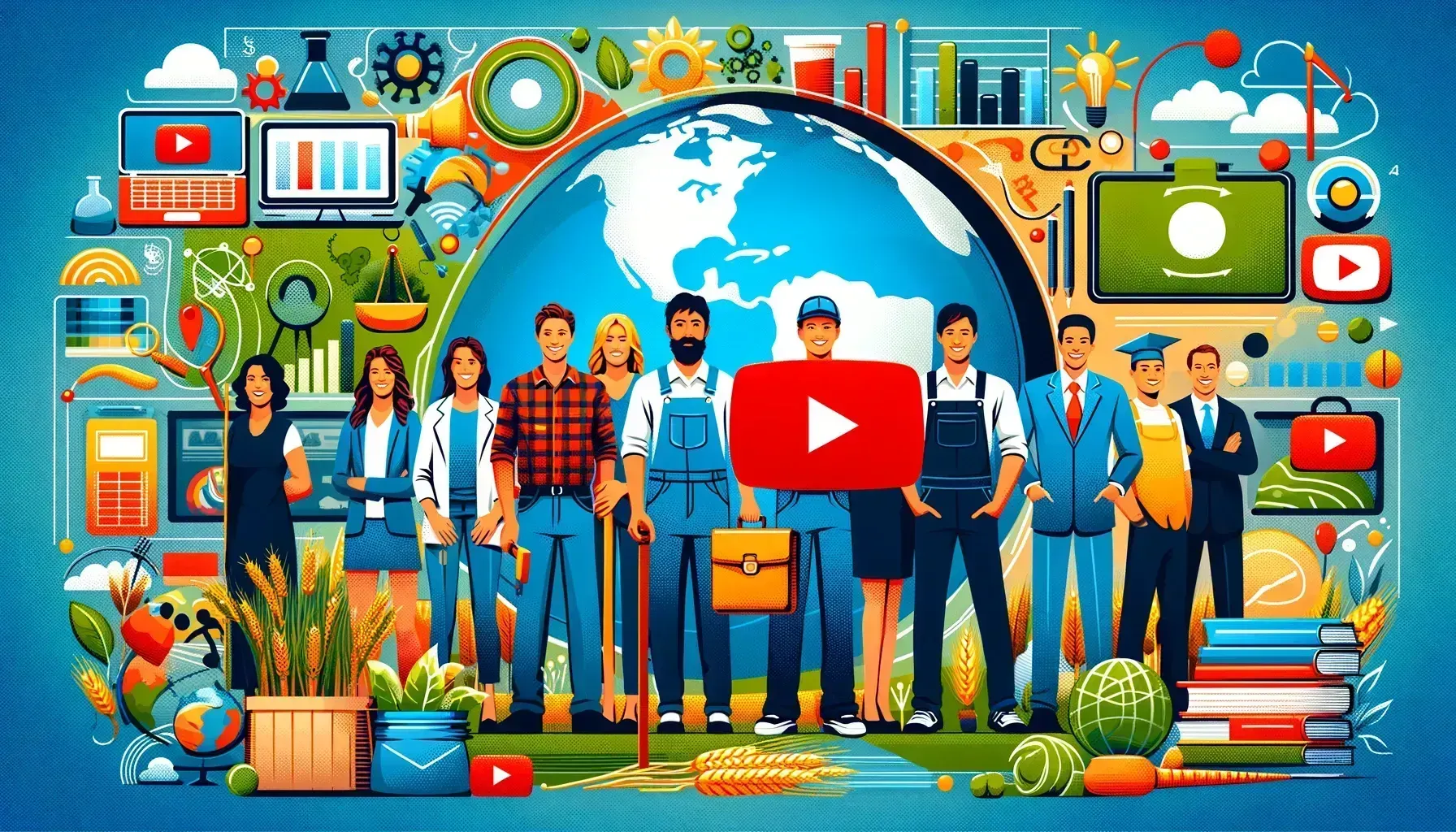
Navigating the Future: Insights into the Evolving and New Global Economy
The concept of a "new global economy" refers to the evolving economic landscape characterized by several key features and trends. As of December 2023, these include:
1. Digitalization and Technology: The widespread adoption of digital technologies has transformed traditional business models and practices. E-commerce, digital currencies, and remote work are examples of this trend. The rise of blockchain technology and AI are also significant.
2. Globalization 2.0: There's a shift in the nature of globalization, with a greater focus on digital services and intellectual property over traditional manufacturing and trade of goods. Also, there's a trend towards regionalization of trade due to geopolitical tensions and supply chain diversification.
3. Sustainability and ESG (Environmental, Social, and Governance): There's a growing emphasis on sustainability, with businesses and economies increasingly focusing on renewable energy, reducing carbon footprints, and sustainable practices. ESG factors are becoming critical in investment and corporate decision-making.
4. Changing Labor Dynamics: The global labor market is undergoing changes with automation, AI, and robotics transforming job roles and skills requirements. There's also a growing emphasis on flexible work arrangements and the gig economy.
5. Economic Polarization and Inequality: Despite the growth opportunities presented by the new global economy, there's a widening economic gap both within and between countries. Issues like access to technology and digital literacy are creating new divides.
6. Shifts in Global Economic Power: Emerging economies, particularly in Asia, are gaining more influence in the global economic landscape. This shift is changing the dynamics of international trade and finance.
7. Financial System Evolution: There's an ongoing evolution in the global financial system, with the emergence of decentralized finance (DeFi), digital currencies, and changes in monetary policy and international trade agreements.
8. Geopolitical Tensions and Economic Nationalism: Geopolitical tensions and a rise in economic nationalism are impacting global trade and economic cooperation. This includes trade wars, tariffs, and a reevaluation of global supply chains.
9. Public Health and Economy: The COVID-19 pandemic underscored the interconnection between public health and the global economy. Pandemic preparedness and healthcare infrastructure are now integral to economic planning.
10. Innovation and Research: There's an accelerated investment in research and development across various sectors, including healthcare, technology, and green energy, driving new economic growth areas.
This new global economy is dynamic and continuously evolving, influenced by technological advancements, geopolitical shifts, and changing societal values. It presents both opportunities and challenges for businesses, governments, and individuals worldwide.




